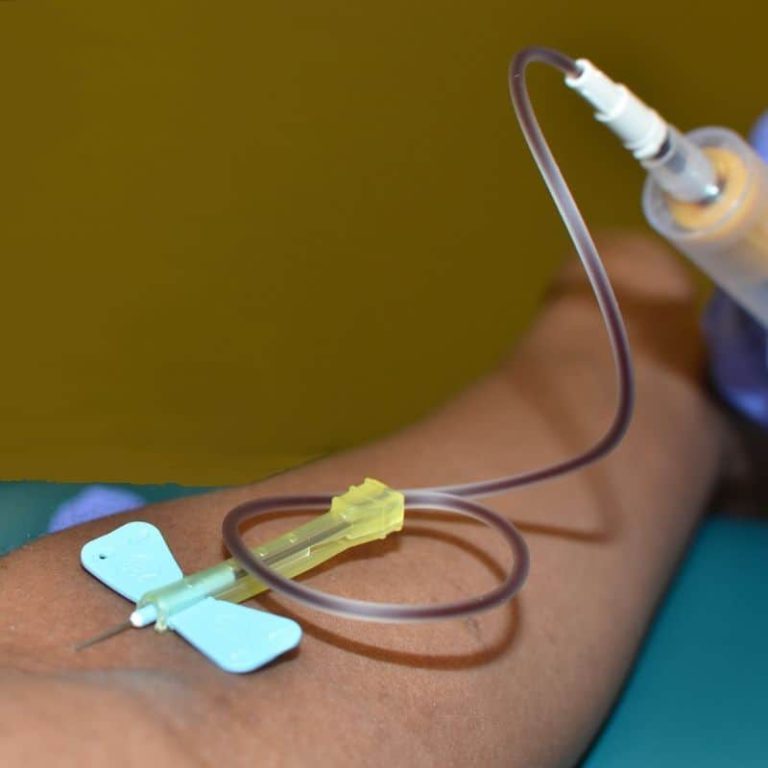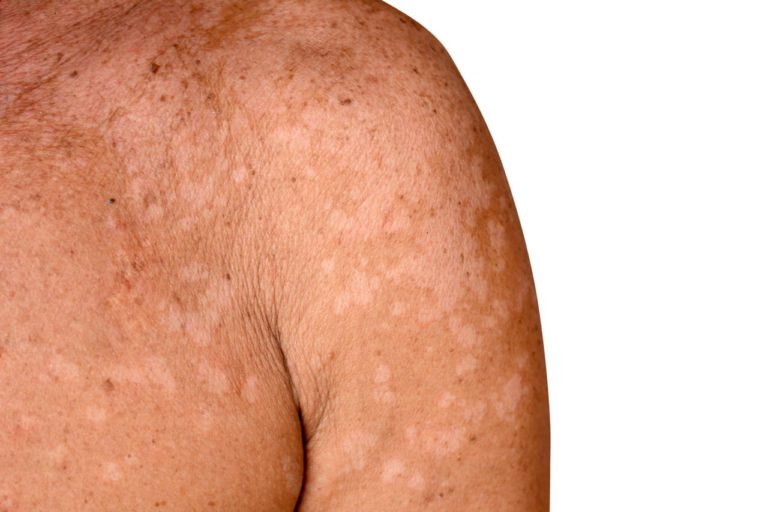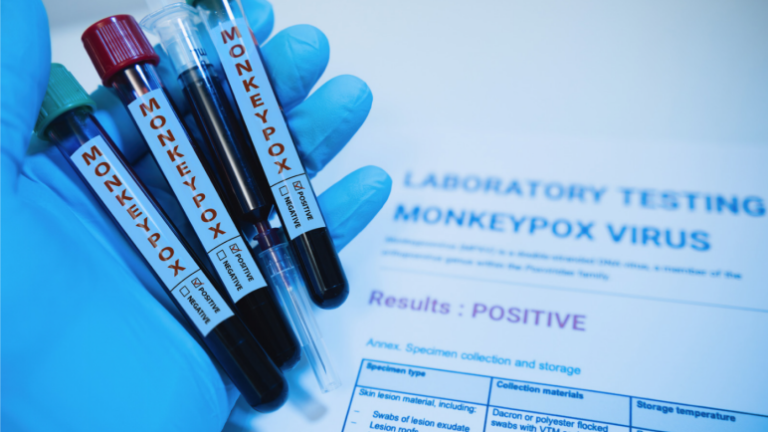
Alcohol and Breast Milk, breastfeeding is considered the best way to feed a newborn baby as it provides essential nutrients and boosts the baby’s immune system. However, breastfeeding mothers often have concerns about consuming alcohol and the impact it may have on their baby’s health. However, breastfeeding mothers may have concerns about the consumption of alcohol and its impact on their baby’s health. In this article, we will explore the effects of alcohol on breast milk and its potential impact on the baby’s health.
What Happens When Alcohol is Consumed While Breastfeeding?
Consuming alcohol while breastfeeding can have negative effects on both the mother and the baby. When a nursing mother drinks alcohol, the alcohol enters her bloodstream and then passes into her breast milk. This means that the baby will also consume the alcohol when they feed.
Alcohol can interfere with a baby’s sleep patterns, digestion, and development. It can also cause the baby to be more irritable, and affect their motor skills and coordination. Additionally, drinking alcohol while breastfeeding can reduce the production of breast milk and decrease the baby’s overall nutrition intake.
It’s recommended that nursing mothers avoid consuming alcohol, or limit their intake to a single drink per day, and wait at least two hours after drinking before breastfeeding. If a mother does consume alcohol, she can pump and discard breast milk to help eliminate the alcohol from her system before breastfeeding again.
How Does Alcohol Enter Breast Milk?
When you consume alcohol, it quickly enters your
bloodstream and can also enter your breast milk. The amount of alcohol in your breast milk depends on the amount of alcohol in your bloodstream. Alcohol reaches peak levels in breast milk about 30 to 60 minutes after consumption. It can take two to three hours for the alcohol to clear from your body and your breast milk. Drinking while breastfeeding can be harmful to your baby’s health, so it’s important to be aware of the effects of alcohol on breast milk.
What is the Impact of Alcohol on Breast Milk?
Alcohol has a negative effect on the production of breast milk. It can reduce the amount of milk produced and the flow of milk, which can lead to engorgement, blocked milk ducts, and reduced milk supply. Alcohol can also change the taste and smell of breast milk, which can make it unappealing to the baby.
How Long Does Alcohol Stay in Breast Milk?
The amount of time alcohol stays in breast milk depends on several factors, including the mother’s body weight, the amount of alcohol consumed, and the time elapsed since consumption. Typically, it takes two to three hours for the body to metabolize one standard drink, and it can take up to 13 hours for alcohol to completely leave the breast milk.

How Does Alcohol Affect Your Baby’s Health While Breastfeeding?
Alcohol can cause drowsiness, weakness, and a decreased appetite in infants. It can also affect their sleep patterns, motor skills, and cognitive development. Additionally, alcohol can lower the mother’s milk supply and reduce the amount of nutrients that the baby receives.
Short-Term Effects
If a breastfeeding mother consumes alcohol, it can
potentially affect the baby’s sleep patterns, cause fussiness or irritability, and affect the baby’s motor development. In extreme cases, alcohol consumption while breastfeeding can lead to alcohol poisoning in the baby.
Long-Term Effects
Long-term effects of alcohol consumption while breastfeeding are still unknown, as there is not enough research on the topic. However, it is known that alcohol can interfere with the baby’s brain development and cognitive function, and excessive alcohol consumption can lead to developmental delays.
Alcohol Consumption and Recommended Drinking Limits for Breastfeeding Mothers

The American Academy of Pediatrics
recommends that breastfeeding mothers consume alcohol in moderation and wait at least two hours before breastfeeding. A standard drink is defined as 12 ounces of beer, 5 ounces of wine, or 1.5 ounces of distilled spirits.
When to wait Breastfeed After Drinking Alcohol?
It’s important to know when it’s safe to breastfeed after drinking alcohol. As a general rule, it’s recommended to wait
at least 2 hours after consuming a standard drink before breastfeeding. This allows time for the alcohol to metabolize and clear from your system. If you’re concerned about alcohol in your breast milk, you can use a breast pump to remove milk and discard it before resuming breastfeeding. However, pumping and dumping is not necessary if you wait for the alcohol to clear from your system. It’s always best to consult with a healthcare professional for specific advice based on your individual circumstances.
Alternatives to Drinking While Breastfeeding
Breastfeeding mothers can still enjoy social situations without consuming alcohol. They can opt for
non-alcoholic drinks or offer to be the designated driver. Alternatively, they can pump and store milk beforehand, so they can enjoy a drink without the worry of alcohol being present in the breast milk.
Addressing Concerns and Misconceptions
Many mothers have concerns about consuming alcohol while breastfeeding. The good news is that moderate alcohol intake is unlikely to harm your baby. Alcohol leaves your breast milk as it leaves your bloodstream, so there is no need to pump and dump. However, excessive drinking can lead to decreased milk production, poor weight gain, and impaired development in your baby. It’s best to limit your alcohol intake or avoid it altogether while breastfeeding. With the right information and precautions, you can make informed decisions about your alcohol consumption and continue to provide your baby with the best possible nutrition.
Pumping and Dumping
Pumping and Dumping is a common misconception that involves pumping breast milk after consuming alcohol and then discarding it to ensure the baby’s safety. However, this method is not effective in removing alcohol from breast milk. The only way to eliminate alcohol from breast milk is to wait for it to metabolize from the body naturally. It’s important to plan ahead and avoid consuming alcohol when you know you will be breastfeeding.
Pumping and dumping breast milk does not reduce the amount of alcohol present in the breast milk. The alcohol that has entered the breast milk has already been metabolized by the mother’s body, and it cannot be removed by pumping.
Alcohol-Free Beer and Wine
Alcohol-free beer and wine can be a good alternative for breastfeeding mothers who want to enjoy the taste of their favorite drinks without risking the health of their baby. However, it’s important to note that even “alcohol-free” drinks may contain a small amount of alcohol. In general, it’s recommended that breastfeeding mothers avoid alcohol as much as possible and always check the labels of any products they consume to ensure they are safe for their baby. If you have concerns or questions about alcohol consumption while breastfeeding, talk to your healthcare provider for personalized advice. Alcohol-free beer and wine still contain trace amounts of alcohol, and they should be consumed in moderation.
Beer and Milk Production
While there is some evidence to suggest that certain compounds in beer may help stimulate milk production in breastfeeding mothers, it’s important to remember that excessive alcohol consumption can actually inhibit milk production and harm your baby. Additionally, the risks associated with alcohol consumption, such as impaired judgement and motor function, can make it unsafe to care for your baby while under the influence. If you choose to drink beer while breastfeeding, it’s important to do so in moderation and plan ahead to ensure that you can safely care for your baby. Contrary to popular belief, beer does not increase milk production. In fact, it can decrease milk production and affect the taste and smell of breast milk.
Social Stigma Surrounding Alcohol and Breastfeeding
Unfortunately, there is still a lot of social stigma surrounding alcohol consumption and breastfeeding. Many people believe that even one drink can harm the baby, leading to fear and guilt for mothers who choose to have a drink. It’s important to remember that moderate drinking is unlikely to harm your baby, and that shaming or judging mothers who choose to have a drink can be harmful and counterproductive. Instead, we should focus on providing accurate information and support for mothers, so that they can make informed decisions about their alcohol consumption while breastfeeding. Breastfeeding mothers should not feel ashamed or judged for consuming alcohol while breastfeeding. With proper education and guidelines, drinking alcohol while breastfeeding can be done safely.
Conclusion
Breastfeeding mothers may have concerns about consuming alcohol and its impact on their baby’s health. However, with proper education and guidelines, drinking alcohol while breastfeeding can be done safely. It is important to know how alcohol enters breast milk, its impact on breast milk, and how long it stays in the milk. Short-term and long-term effects of alcohol consumption while breastfeeding should also be considered. Breastfeeding mothers should follow recommended drinking limits and timing for breastfeeding after drinking alcohol.

 Alcohol and Breast Milk, breastfeeding is considered the best way to feed a newborn baby as it provides essential nutrients and boosts the baby’s immune system. However, breastfeeding mothers often have concerns about consuming alcohol and the impact it may have on their baby’s health. However, breastfeeding mothers may have concerns about the consumption of alcohol and its impact on their baby’s health. In this article, we will explore the effects of alcohol on breast milk and its potential impact on the baby’s health.
Alcohol and Breast Milk, breastfeeding is considered the best way to feed a newborn baby as it provides essential nutrients and boosts the baby’s immune system. However, breastfeeding mothers often have concerns about consuming alcohol and the impact it may have on their baby’s health. However, breastfeeding mothers may have concerns about the consumption of alcohol and its impact on their baby’s health. In this article, we will explore the effects of alcohol on breast milk and its potential impact on the baby’s health.









